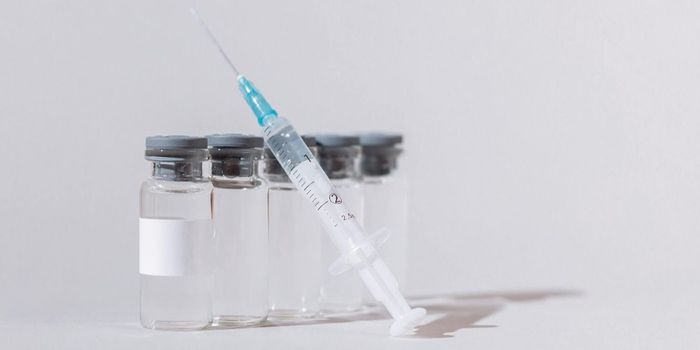Powering up the Elderly's Immune System
As we age our immune system weakens, leading to diseases such as influenza and pneumonia taking a toll on the elderly across the world. For people over 65 years of age infections are a leading cause of death, with an estimated 85% of all deaths from pneumoniae in 2013 in the United States occurring in those 65 and older. A recent clinical trial tested a new therapy that fortifies the immune system of the elderly against infection.
Immunosenescnece, or the loss of ability to defend against foreign invaders, occurs as we grow older. The immune system becomes less able to distinguish between self and non-self, leading to increased rates of autoimmune disorders. Our T cells that recognize antigens, and macrophages, that ingest and destroy bacteria and other foreign cells, operate more slowly. We have fewer white blood cells to respond to new antigens, leading to a lessened ability to remember and defend against future infections. The complement system is also altered, fewer complement proteins are produced leading to a decrease in response to bacterial infections. The interaction between antibody and antigen is also weakened, leading to a decrease in the immune response to present antigens. All of these changes in function can contribute to the greater susceptibility of older people to infections and cancers.
The phase 2a clinical trial, by the Novartis Institutes for Biomedical Research, tested two experimental drugs. These two drugs, RAD001, which is used to fight cancer and prevent organ transplant rejection, and the other BEZ235, a cancer drug, are known as TORC1 inhibitors. TORC1 plays a role in a crucial cellular pathway that is involved in the immune system, and this pathway is believed to be the key to developing future anti-aging treatments. Previous research on this pathway demonstrated that inhibition of TORC1 extended the lifespan and mitigated immune system decline in old mice.
In this study 264 volunteers over the age of 65, with no serious medical conditions, were split in to four groups. Three groups received different doses of one of the two drugs while the fourth group received low doses of both drugs for a period of six weeks. After a year of treatment all volunteers were found to have a lower rate of all infections compared to a placebo group, but the group that received both drugs had the lowest average infection at 1.49 infections per person compared to 2.41 infections per person in the placebo group. They also found that treated groups had increased antibody production and an improved immune response to a seasonal flu vaccine administered weeks after treatment was ended, these results were similar to a previously conducted study.
Future work will be done to extend the findings into larger numbers of elderly individuals before further clinical application can be developed. The phase 2b clinical trial is currently underway, this will determine the optimal doses of the drugs for improving immune function. It is also possible that TORC1 inhibition may have other clinical uses, such as alleviation of chronic respiratory conditions such as asthma and chronic obstructive pulmonary disease (COPD). "This study is the first step to suggest we may be able to target some of the fundamental pathways contributing to aging to promote healthy aging, including healthy immune function, in older people," says Joan Mannick, lead author of the new study.
To read this study click here. To learn more about aging and the immune system see the video below!









